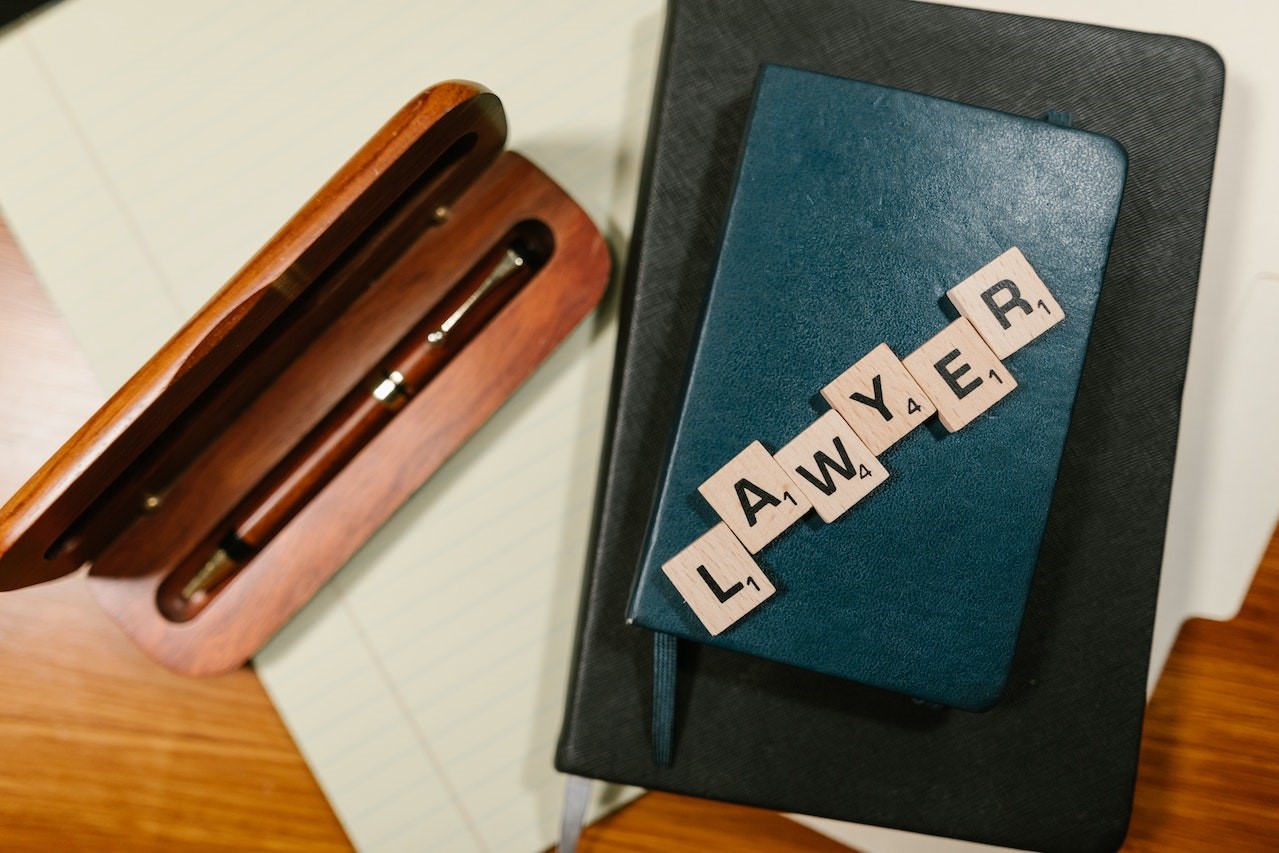The goal of your resume is to prove to employers that you deserve the position.…
WRITING HABITS EVERY LAWYER NEEDS – Guest Post

Lawyers deal with a lot of writing. Writing is essential for doing your job well, whether you are preparing briefs, drafting contracts, or writing letters. However, if you are like most lawyers, you may not be very good at writing. Discover some effective habits that will help you solve the problem.
If you are a lawyer, you need to be able to communicate effectively with your clients and court officials. Writing is the perfect way to do that.
WHY IS WRITING SO IMPORTANT FOR LAWYERS?
Here are the key reasons why writing is important to lawyers:
- It conveys an attorney’s thoughts and ideas effectively;
- It can improve relationships with clients and other attorneys by providing accurate information about the client’s case;
- It allows an attorney to maintain control over his work, stay organized, and focused on the tasks;
- Lawyers who are good writers often have successful careers because they can communicate complex legal concepts easily to others;
- Effective writing skills can help lawyers prevail in court by demonstrating competence and reliability in presenting evidence or argumentation;
- A well-crafted written statement can make the difference when trying to resolve a dispute or negotiate a settlement agreement;
- Writing is essential for maintaining an active law practice.
TOP WRITING HABITS TO MASTER FOR A LAWYER
A good writer can convey complex legal concepts in an easily readable format. Here is how you can achieve it:
1. PLENTY OF SHORT, INFORMATIVE, ACCURATE HEADINGS
Lawyers need to be able to write concisely and accurately to communicate effectively with their clients and other legal professionals. Here are some tips for writing effective headings:
- Use action words to describe the main points of the article. For example, “How to get yourself out of a sticky situation” would be a better title than “Sticky Situations”;
- Make sure all verbs are in the correct tense.
2. SENTENCES NO MORE THAN TWO LINES LONG
There are several important writing habits every lawyer should follow to make the most of his time and produce effective documentation:
- Start with a clear goal in mind. When you sit down to write, figure out what you want to communicate and then work from there;
- Use clear and concise language. It will make your documents easier to understand and read, even for people who are not lawyers;
- Use active voice. It is more direct and easier to understand than passive voice because it shows what the subject is doing rather than being told about it;
- Keep paragraphs short. A good rule of thumb is to keep sentences no longer than two lines long unless there is a good reason not to.
If writing long stories in short sentences is a nightmare for you, visit writing services reviews websites like Rated by Students to find a specialist to help you.
3. WRITE IN THE READER’S LANGUAGE
When you write, think about what someone who is not familiar with the subject matter would do when trying to understand it. What are their main questions? What are the most important points? How can you make those points as clear and concise as possible?
To get started, use simple language and avoid jargon, be clear and concise when explaining your points, use specific examples if needed, and avoid using flowery language or overly descriptive adjectives.
4. USE LIST FORMAT WHEREVER POSSIBLE
Using a list format will help you keep track of what you are talking about and make it easier for others to follow your argument. Some examples of where list formatting can be useful include:
- In an introduction: state the problem, provide a definition, and introduce the main points;
- In a thesis statement: state the problem, identify the solution, and explain how it will improve the client’s situation;
- In body paragraphs: outline your argument by listing out each point you will make;
- When outlining your case: list out each fact and quotation that you will use.
5. GOOD PUNCTUATION
Every lawyer needs good punctuation in his writing because it can make a big difference in the readability and impact of his documents. There are a few basic rules for proper punctuation:
- Use commas to separate paragraphs and sentences;
- Use semicolons to separate independent clauses, and colons to indicate a full stop;
- Use capital letters when you need to identify someone or something important;
- Do not use run-on sentences. Each sentence should start with a clear topic sentence that provides the reader with clear information.
If you are still having trouble proofreading or editing your material, visit writing services reviews websites such as Top Writing Reviews to find the professional you need.
CONCLUSION
For a lawyer, it is highly important to be consistent with his writing habits. The way you write can give away the trustworthiness of your case and can get you thrown behind if not done right.


 5.0 stars Posted by Mary June 30, 2016
5.0 stars Posted by Mary June 30, 2016